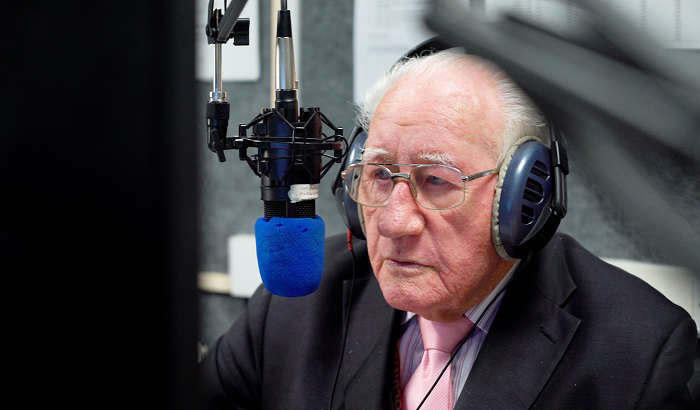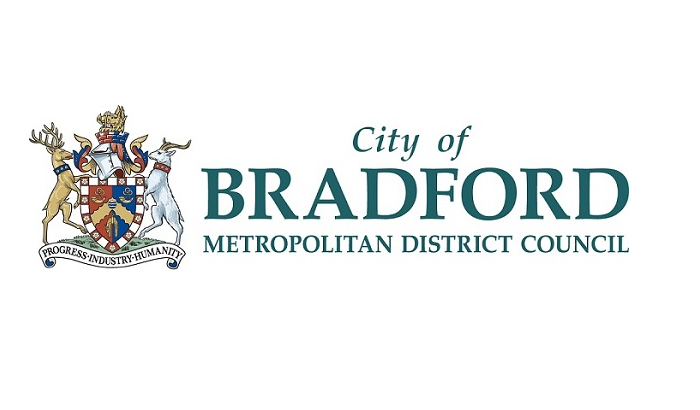
From 27 October, new housing safety rules known as Awaab’s Law come into force — compelling social landlords to fix emergency hazards within 24 hours and protect millions of tenants from dangerous conditions like black mould.
Millions of social housing tenants across England are set to benefit from stronger protection against unsafe living conditions as the first phase of Awaab’s Law officially comes into force.
The landmark reforms, which take effect from Monday 27 October, require social landlords to act swiftly to fix dangerous housing conditions or face legal action. The law — named in memory of two-year-old Awaab Ishak, who tragically died in 2020 after prolonged exposure to mould in his Rochdale home — marks a turning point in housing safety and tenant rights.
Under the new rules, emergency health and safety hazards must be fixed within 24 hours of being reported, while cases of significant damp and mould must be investigated within 10 working days and made safe within five working days. Landlords are also required to update tenants on inspection findings within three working days.
The reforms place tenant safety and dignity at the heart of housing standards. Landlords must now consider the needs of tenants who are at higher risk — including families with young children, disabled people, and those with long-term health conditions. If a property cannot be made safe within the set timeframe, alternative accommodation must be provided.
Those who fail to comply with the law could face court action, enforcement orders, compensation claims, and loss of rent for uninhabitable homes.
Housing Secretary Steve Reed said:
“Everyone deserves a safe and decent home to live in, and Awaab Ishak is a powerful reminder of how this can sadly be a matter of life or death.
Awaab’s family has fought hard for change and their work to protect millions of tenants’ lives will live on as a legacy to their son.
Our changes will give tenants a stronger voice and force landlords to act urgently when lives are at risk, ensuring such tragedies are never repeated.”
Sumita Singha OBE, Founding Director of Ecologic Architects, welcomed the reforms:
“Awaab’s Law is a landmark moment for housing safety and accountability. Every home should uphold the dignity and wellbeing of its residents. The tragic loss of Awaab Ishak must never be repeated. These reforms send a clear message — unsafe homes are unacceptable, and action must be swift.”
Further phases of Awaab’s Law will be rolled out in 2026 and 2027, covering additional housing hazards. Alongside the new legislation, the government has announced a £1 million fund to strengthen communication between tenants and landlords. Grants of up to £100,000 will support innovative ideas such as digital platforms, community engagement projects, and tenant advocacy schemes — ensuring residents have a stronger voice in how their homes are managed.
The reforms accompany the government’s wider plan to build 1.5 million new homes, including a major boost in social and affordable housing — part of a long-term commitment to improving housing safety, quality, and accountability nationwide.

 Tribute paid to hospital radio legend Patrick Murphy
Tribute paid to hospital radio legend Patrick Murphy
 Bradford Council reports strong progress on financial recovery
Bradford Council reports strong progress on financial recovery
 Bradford nurseries recognised with elite ‘900 Club’ award
Bradford nurseries recognised with elite ‘900 Club’ award
 Teenager injured in Dewsbury bus station stabbing as three arrested
Teenager injured in Dewsbury bus station stabbing as three arrested
 Muslim Aid Launches Winter Support for Vulnerable Communities
Muslim Aid Launches Winter Support for Vulnerable Communities
 30 Years of Clean-Ups: Britain’s Largest Muslim Youth Group Takes to the Streets on New Year’s Day
30 Years of Clean-Ups: Britain’s Largest Muslim Youth Group Takes to the Streets on New Year’s Day
 Texas Crispy Takeaway Damaged in Shipley Incident
Texas Crispy Takeaway Damaged in Shipley Incident
 Remix Saturdays
Remix Saturdays
 The Golden Era
The Golden Era
 Bhangra Nights
Bhangra Nights
 Alim OnAir
Alim OnAir